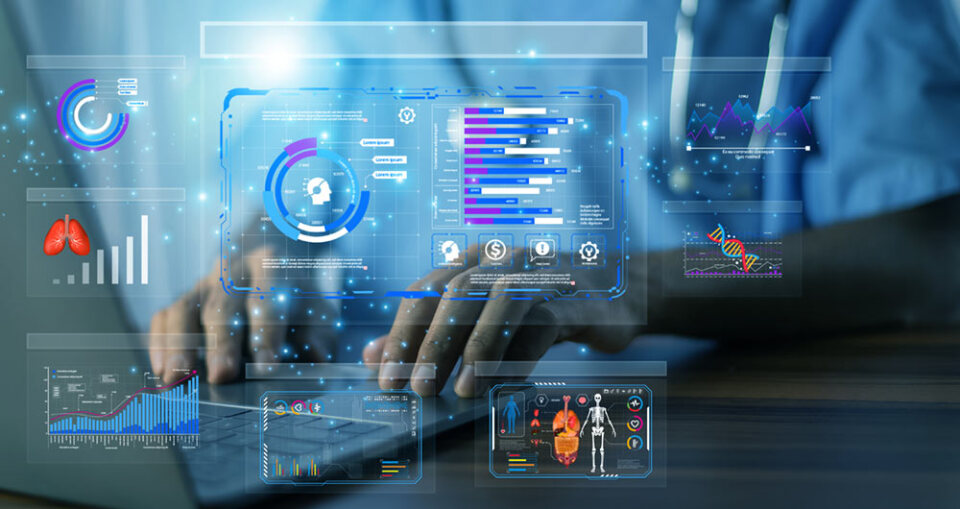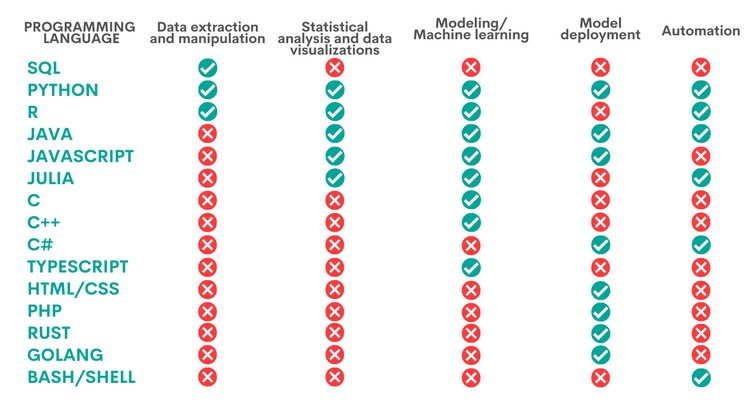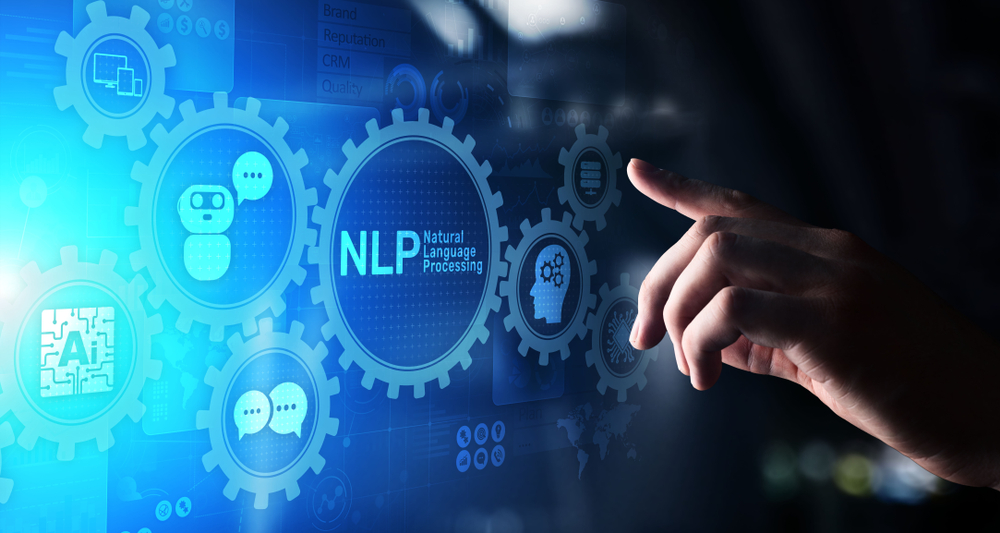13 posts found
The European Health Data Space and Open Data: Synergy for Health Innovation
Open health data is one of the most valuable assets of our society. Well managed and shared responsibly, they can save lives, drive medical discoveries, or even optimize hospital resources. However, for decades, this data has remained fragmented in institutional silos, with incompati…
Federated machine learning: generating value from shared data while maintaining privacy
Data is a fundamental resource for improving our quality of life because it enables better decision-making processes to create personalised products and services, both in the public and private sectors. In contexts such as health, mobility, energy or education, the use of data facilitates more effic…
The role of open data in the evolution of SLM and LLM: efficiency vs. power
Language models are at the epicentre of the technological paradigm shift that has been taking place in generative artificial intelligence (AI) over the last two years. From the tools with which we interact in natural language to generate text, images or videos and which we use to create creativ…
Linguistic corpora: the knowledge engine for AI
The transfer of human knowledge to machine learning models is the basis of all current artificial intelligence. If we want AI models to be able to solve tasks, we first have to encode and transmit solved tasks to them in a formal language that they can process. We understand as a solved task informa…
How to measure carbon footprint using open data
The carbon footprint is a key indicator for understanding the environmental impact of our actions. It measures the amount of greenhouse gas emissions released into the atmosphere as a result of human activities, most notably the burning of fossil fuels such as oil, natural gas and coal. These gases,…
The implementation of the EU Data Governance Regulation in Public Administrations
Since 24 September last year, the Regulation (EU) 2022/868 of the European Parliament and of the Council of 30 May 2022, on European Data Governance (Data Governance Regulation) has been applicable throughout the European Union. Since it is a Regulation, its provisions are directly effective without…
Accelerating the energy transition with open data
Aspects as relevant to our society as environmental sustainability, climate change mitigation or energy security have led to the energy transition taking on a very important role in the daily lives of nations, private and public organisations, and even in our daily lives as citizens of the world. Th…
The benefits of open data in the agriculture and forestry sector: the case of Fruktia and Arbaria
As in other industries, digital transformation is helping to change the way the agriculture and forestry sector operates. Combining technologies such as geolocation or artificial intelligence and using open datasets to develop new precision tools is transforming agriculture into an increasingly tech…
When to use each programming language in data science?
Python, R, SQL, JavaScript, C++, HTML... Nowadays we can find a multitude of programming languages that allow us to develop software programmes, applications, web pages, etc. Each one has unique characteristics that differentiate it from the rest and make it more appropriate for certain tasks. But h…
10 Popular natural language processing libraries
The advance of supercomputing and data analytics in fields as diverse as social networks or customer service is encouraging a part of artificial intelligence (AI) to focus on developing algorithms capable of processing and generating natural language.
To be able to carry out this task in the current…









